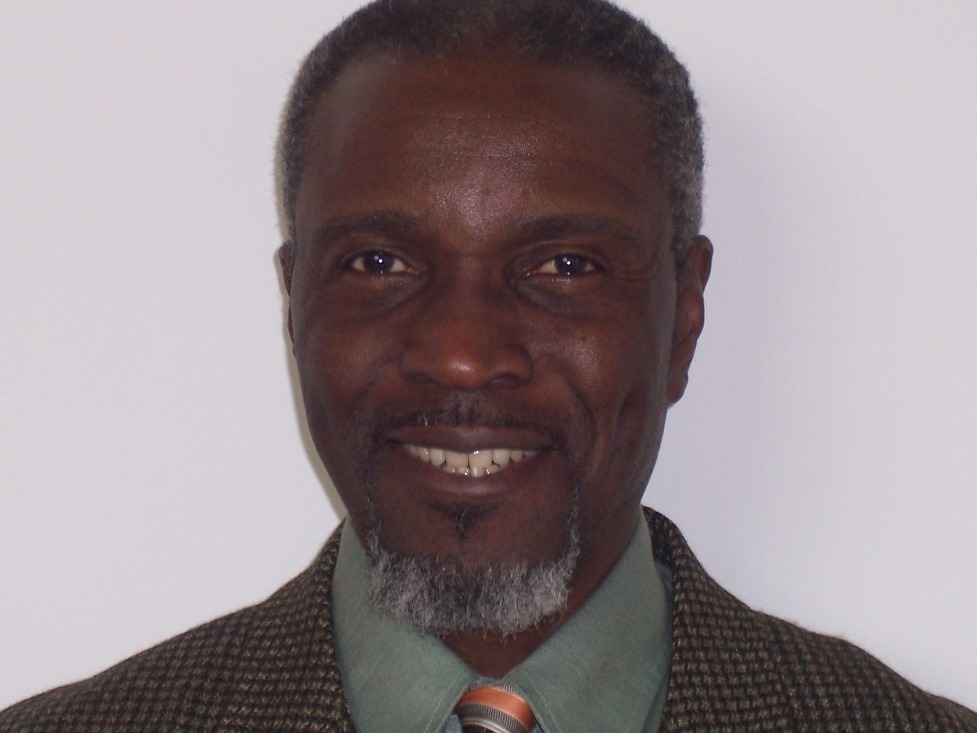(Excerpted from In These Times , October 2013)
by YouTube
Suppression of the Black vote has been a flashpoint since June, when the U.S. Supreme Court struck down a key section of the 1965 Voting Rights Act. The decision opened the door for historically racist regions (mostly in the South) to pass anti-voter laws such as ID requirements that disproportionately disenfranchise Black, Latino and poor people--who happen to overwhelmingly vote Democratic. The GOP is happily charging ahead with such measures.
But a robust counteroffensive is underway, buoyed by the 50th anniversary of the March on Washington. Speakers such as Presidents Barack Obama, Bill Clinton and Jimmy Carter marked the occasion by highlighting voter suppression as a serious challenge facing minorities.
Meanwhile, legal challenges by the Justice Department and pressure from civil rights and grassroots groups has forced a break within GOP ranks. Rep. Jim Sensenbrenner (R-Wis.) challenged his party to join him in restoring the Voting Rights Act, which he calls "an effective tool to prevent discrimination."
This focus on stopping anti-voter bills, though laudable, should not obscure the struggle to address a more insidious instrument of voter suppression. With the exception of Maine and Vermont, all states disenfranchise felons for some time during or after incarceration . Because African Americans are disproportionately represented among convicted felons, this has a real impact on electoral outcomes. The Sentencing Project reported that 600,000 former felons were ineligible to vote in Florida in 2000; they could have swung the election to Al Gore. A study by sociologists Chris Uggen and Jeff Manza found that former felons could have changed the outcomes of seven U.S Senate elections between 1978 and 2000.
The cause of prison reduction and, by extension, voting rights protection, has received a boost from Attorney General Eric Holder, who on August 12 proposed major policy changes in federal drug sentencing and enforcement. Two weeks later, he announced that marijuana legalization in Colorado and Washington would be allowed to go into effect.
A number of eminent conservatives, from Mike Huckabee to Newt Gingrich to Jeb Bush, have joined the call for saner sentencing guidelines. In an impassioned testimony before the Senate Judiciary Committee, on September 18, Republican Senator Rand Paul decried the lopsided impact of incarceration of Black Americans. "If I told you that one out of three African-American males is forbidden by law from voting, you might think I was talking about Jim Crow 50 years ago." Paul explained the disproportionate impact: " Because it is easier to go into urban areas and make arrests than suburban areas."
But this softening on crime by conservatives faces stiff resistance from within. On Fox News Network, the perpetually irate Bill O'Reilly barked, "Holder just is wrong!" then insisted that "draconian measures" reduce crime rates. Clearly, some Republicans are frightened that reducing incarceration will jeopardize the removal of undesirable (i.e., Democratic-leaning) voters from the rolls. Republicans in North Carolina have just reversed a law that granted voting rights to ex-felons upon completion of parole.
Progressives could tip the scales in this internecine struggle and cause a tectonic shift in the incarceration debate. An important source of energy and inspiration is the army of grassroots and legal organizations that blocked, diluted, repealed or postponed anti-voter laws in 14 states over the last two years. Another key model is creative action such as North Carolina's "Moral Mondays." The weekly rallies and civil disobedience right at the seat of state power brought national focus to the state's nefarious voter suppression laws and lowered Gov Pat McCrory's approval ratings from 48 percent to 39 percent. This organizing model could be especially effective if it incorporated real institution building and expansive voter registration.
Finally, Democrats should start championing restoration of voting rights for ex-felons and talk more comprehensively about crime. What Holder did is only a first step. The party must work to jettison, once and for all, the bogus linkage between the right to vote--our ultimate emblem of citizenship--and a damn prison record!






